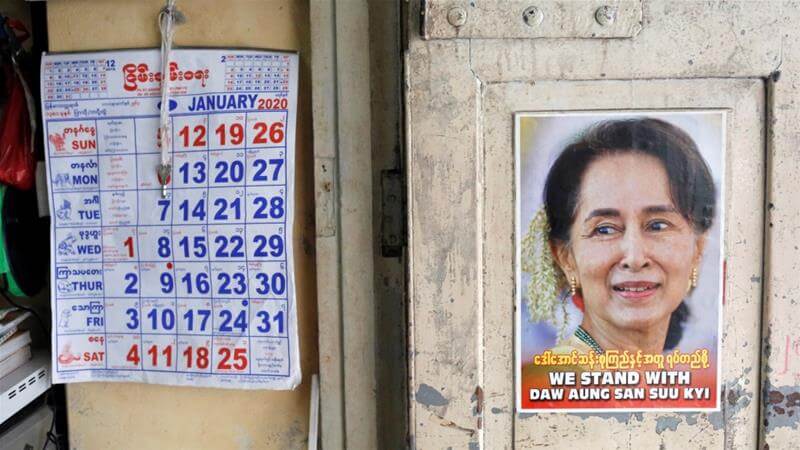Abdul Rasheed, a member of the Democracy and Human Rights Party and a Rohingya Muslim, said the District Election Commission rejected his candidacy in Sittwe, Rakhine state. Following the landmark 2015 elections, Myanmar will hold its second free elections in November this year.
According to the Commission, Rasheed’s candidacy was rejected because his parents were not citizens of Myanmar. Rasheed, however, maintains that he provided proof that both his parents and grandparents were granted citizenship by the state in 1957, even before he was born.
Back in 2015, a serving member in Myanmar’s Parliament was barred from contesting in elections on similar grounds. Shwe Maung, who belongs to the Rohingya community, was an MP from the military-backed Union Solidarity and Development Party (USDP). “It’s ridiculous for me,” said Shwe Maung, who was elected in 2010 but barred from 2015 elections, depicting the discrepancies in the state’s election policies.
The growing disenfranchisement of ethnic minorities appears to hinder Myanmar’s fledgeling democracy, and certain ethnic political parties have had to find new pathways to compete in elections. For example, several ethnic political parties have merged to be able to contest more seats and stand a chance against Aung San Suu Kyi’s majoritarian National League for Democracy (NLD).
The 2020 elections are going to be a litmus test for NLD’s performance, which has faced stiff international criticism on its handling of the Rohingya crisis but remains popular domestically. For instance, activists belonging to the 8888 Uprising against the military regime have pledged their support to Suu Kyi in the upcoming elections. On 8 August 1988, several students, monks, workers, and ordinary citizens took to the streets to protest against the authoritarian military regime. Christened as the 8888 Uprising, it brought Aung San Suu Kyi into the limelight as a political activist.
Certain campaigns have begun to boycott the elections. The All Burma Federation of Student Unions launched a “no vote” campaign to showcase their dissent against the 2008 military prescribed constitution. The Federation stated, “The country cannot build a democratic government if elections are held under the military-backed 2008 constitution.” It criticised the NLD for not upholding its promise of amending the constitution. Political parties have slammed the boycott of the elections. In response to the boycott, NLD spokesperson Monywa Aung Shin said, “Myanmar people had struggled for years and even sacrificed their lives to achieve a free election, and those who are not campaigning to boycott the polls would be insulting their efforts.”
Against this backdrop, NLD remains focused on winning the upcoming elections and is increasing the number of seats it is contesting and further made public its intent of fielding candidates in the conflict-ridden Rakhine state. Opposition parties have rebuked the NLD, stating that the ruling party has the upper hand because “the ban on mass gatherings”, a measure against COVID-19, has hampered their political campaigns.
The divide between Myanmar’s majority and ethnic populations remain deep. “There is greater disaffection with the NLD today, especially among minority ethnic communities,” said Richard Horsey, a Myanmar-based political analyst with the International Crisis Group. Therefore, it is up to Myanmar’s government to guarantee a free and fair election this year, mainly by ensuring that the displaced populations from conflict-torn areas have the right to vote and contest.
Rohingya Muslim Candidate Barred from Contesting in Myanmar’s Upcoming Elections
This year marks the second free elections after almost 55 years of Military rule.
August 13, 2020

A poster supporting Myanmar State Counsellor Aung San Suu Kyi is seen in a shop in Yangon, in January 2020. SOURCE: ANN WANG/REUTERS
